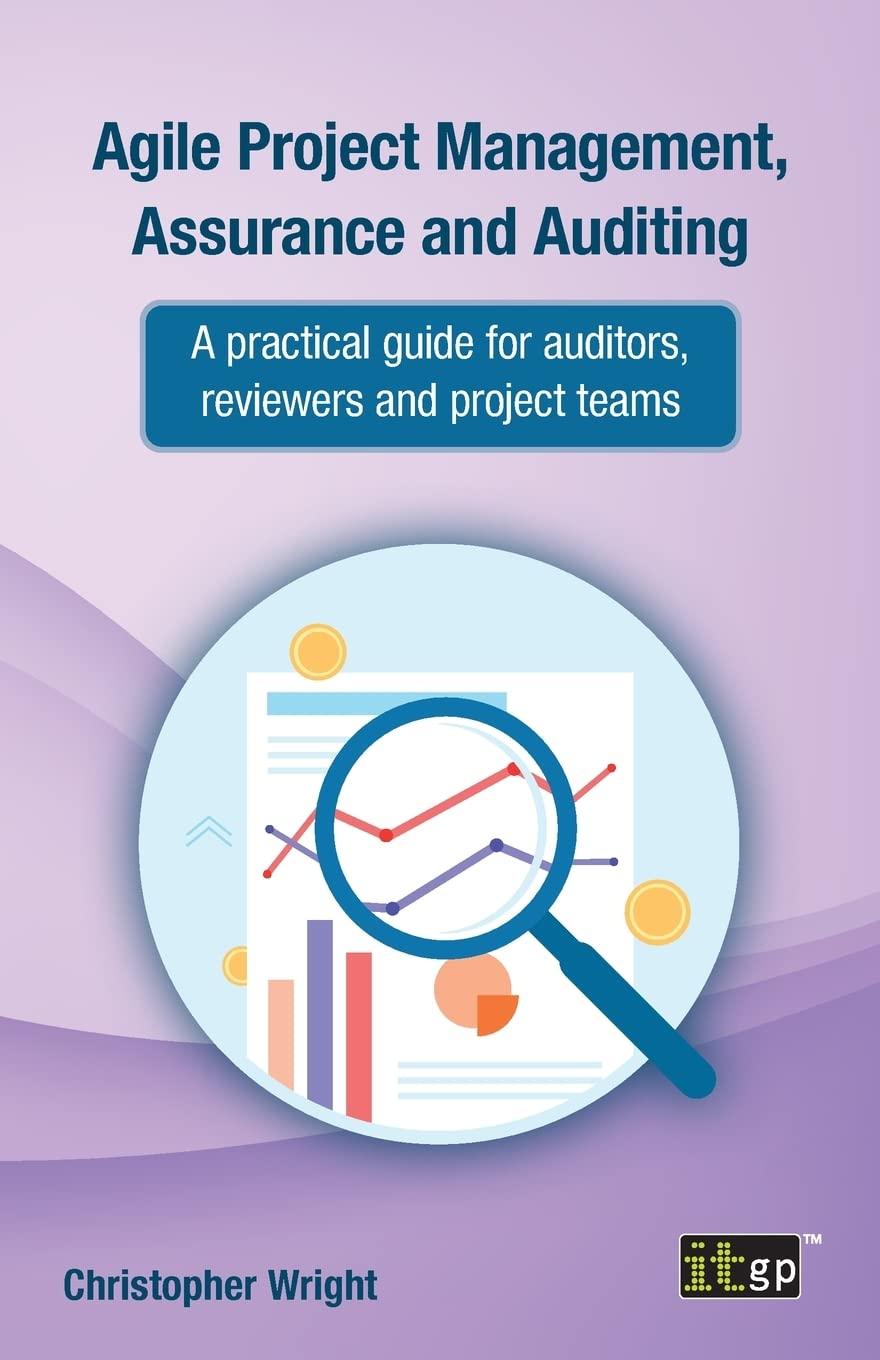this is the whole question

An entrepreneur founded a company (ABC) in 2001. Recently, the stock was trading at $40per share. With 850k shares outstanding, EPS were $1.41. The entrepreneur and the members of the board of directors were initially pleased when another firm purchased 50k shares of ABC stock. However, when the purchasing firm bought another 50k shares, the entrepreneur and members of the board became concerned that the purchasing firm might be trying to take over ABC. The entrepreneur was reminded by the legal staff that ABC had a poison pill provision that took effect when any outside investor accumulated 22% or more of the shares outstanding. Current stockholders, excluding the potential takeover company, were given the privilege of buying up to 500k shares of ABC at 80.36% of current market value. Thus, new shares would be restricted to friendly interests. The legal staff also found that the entrepreneur and "friendly" members of the board currently owned 175k shares of ABC. In view of the above information, ABC company is in the process of determining the costs described by the following scenarios: Scenario #1: Takeover firm makes a move Gets 50% (plus 1 share) of ABC stock at the current market price level, in addition to shares previously accumulated. Scenario #2: "Friendly" shareholders come to the rescue Takeover firm exceeds the number of shares determined in the previous scenario, and gets all the way up to 625,000 shares of ABC. Under the poison pill provision, friendly shareholders purchase to prevent a takeover attempt by the acquiring firm, next to what they already own. Required: In percentage terms, by how much would the poison pill strategy make the purchase more expensive for the takeover firm? An entrepreneur founded a company (ABC) in 2001. Recently, the stock was trading at $40per share. With 850k shares outstanding, EPS were $1.41. The entrepreneur and the members of the board of directors were initially pleased when another firm purchased 50k shares of ABC stock. However, when the purchasing firm bought another 50k shares, the entrepreneur and members of the board became concerned that the purchasing firm might be trying to take over ABC. The entrepreneur was reminded by the legal staff that ABC had a poison pill provision that took effect when any outside investor accumulated 22% or more of the shares outstanding. Current stockholders, excluding the potential takeover company, were given the privilege of buying up to 500k shares of ABC at 80.36% of current market value. Thus, new shares would be restricted to friendly interests. The legal staff also found that the entrepreneur and "friendly" members of the board currently owned 175k shares of ABC. In view of the above information, ABC company is in the process of determining the costs described by the following scenarios: Scenario #1: Takeover firm makes a move Gets 50% (plus 1 share) of ABC stock at the current market price level, in addition to shares previously accumulated. Scenario #2: "Friendly" shareholders come to the rescue Takeover firm exceeds the number of shares determined in the previous scenario, and gets all the way up to 625,000 shares of ABC. Under the poison pill provision, friendly shareholders purchase to prevent a takeover attempt by the acquiring firm, next to what they already own. Required: In percentage terms, by how much would the poison pill strategy make the purchase more expensive for the takeover firm









